A Worthy Life-Record of Vijaya Lakshmi Pandit, An Unusual Diplomat and Public Servant
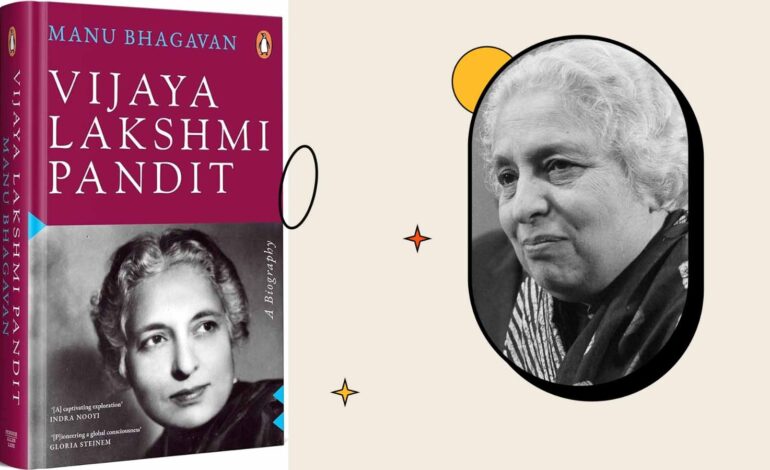
BOOK REVIEW of “VIJAYA LAKSHMI PANDIT: A BIOGRAPHY” by MANU BHAGAVAN; PENGUIN ALLEN LANE ;2023; Rs. 999.00

Keen followers of Indian history, especially the country’s independence struggle and early post-independence days, would remember Vijaya Lakshmi Pandit as an extraordinary woman. A public servant, an ace diplomat and a wonderful speaker she was able to raise India’s prestige in the comity of nations in the ambassadorial assignments she held as well as in the United Nations where she presided over the General Assembly. Marlon Brando called her the woman he admired most in the world. Such was the fame of her brilliance overseas.
Writing the foreword to her memoir “The Scope of Happiness” in 1979, Lord Mountbatten India’s last Viceroy had written as follows. “Nan Pandit has represented her country in a number of diplomatic and political posts, but I feel none was more important than that of the Indian High Commissioner in London. It is impossible to measure the immense amount of good she did during her seven years in London, to cement Anglo-Indian relations. Her appointment was a brilliant piece of statesmanship, and won the lasting affection of the British. Not only did they admire her intelligence and graceful but modest charm, but we all loved her for her great sense of fun and quick wit.”
This book being reviewed here is a comprehensive biography, which has been written by Manu Bhagvan, a professor of history in Hunter College and the Graduate Center-CUNY who lives in New York City. Born as Sarup at the turn of the twentieth century in 1900, Vijaya Lakshmi (the name she assumed on marriage) had a nickname “Nan” which was given to her by her English governess. She grew up in aristocratic luxury at the house of her father Motilal Nehru, which was known as Anand Bhavan (Abode of Joy). Anand Bhavan was equipped with an indoor swimming pool, gardens, an orchard, horse stables, a riding ring and tennis courts. The kitchen was stocked with the finest china and wines.
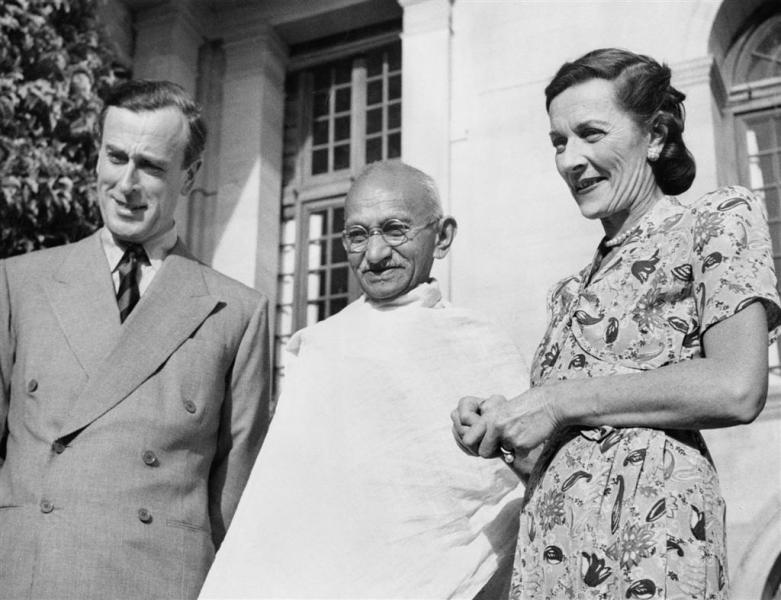
Bhagvan has traced Vijaya Laksmi`s elopement with Syed Husain, the debonair journalist who was living in Anand Bhavan and was running the newspaper “The Independent”, which Motilal Nehru had started. Due to the opposition of the family the marriage was soon annulled and even Mahatma Gandhi opposed her marriage outside her religion. Such was the conservatism that prevailed in those times! Her subsequent marriage to Ranjit Pandit, her participation along with him in the freedom struggle is well recorded in the volume. Ranjit unfortunately died young in 1944.
When the Congress formed the government in the provinces according to the Government of India Act, 1935 (the actual formation of the government took place in 1937 after the provincial elections) Nan Pandit was given the portfolios of Local Self Government and Medical and Public Health. The Government was headed by Pandit Govind Ballabh Pant in the United Provinces. Her performance as a Minister was certainly above average and she dealt with the issues in her ministry with the speed of an able administrator. At grave personal risk she tackled the epidemic of cholera in Haridwar during the Kumbh Mela, bringing the situation under control.
Post Independence, her achievements as a diplomat are probably the most interesting part of the biography. She presided over the UN General Assembly and was Ambassador to the USSR, America and the United Kingdom. While in the US, Nan Pandit (the author chooses to use her nickname often in the book) received a message from the famed nuclear scientist Robert Oppenheimer who begged India “in the name of humanity” to continue with its policy to abjure from developing atomic weapons and not to succumb to the pressure of the Truman administration, (which ruled USA at that time ), which was bent on developing the hydrogen bomb. Oppenheimer received a positive response from Prime Minister Nehru.
Elected to Parliament in 1952 from Lucknow, she functioned as a roving ambassador heading goodwill delegations to various parts of the world including China where she enjoyed a smoke with Mao Zedong! Her meetings with Zhou Enlai were also quite positive. The volume also covers the lives of her three daughters Chandralekha, Nayantara and Rita. Each of them is interesting in their own way. Nayantara, now running 97, is an acclaimed author.
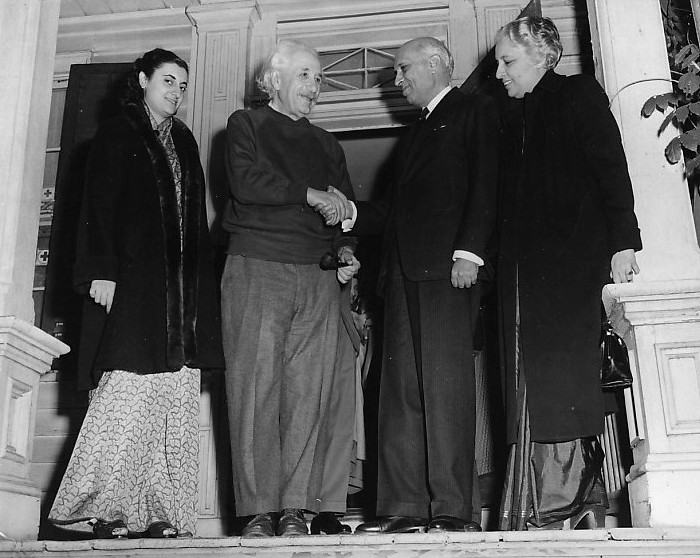
Early in 1953 Pandit’s name was proposed for the post of Secretary General of the United Nations as the incumbent Secretary General Trygve Lie of Canada had indicated that he was retiring. However, due to American opposition triggered mainly on account of Nehru’s policy of neutralism and non-alignment, the move fell through and Sweden’s Dag Hammarskjold was ultimately elected Secretary General. On 15 September 1953, she was elected President of the United Nations General Assembly.
Her performance in this role was such that the New Year`s Gallup Poll in that period declared her the third most admired woman in the world, after Eleanor Roosevelt and then First Lady of the USA ‘Mamie’ Eisenhower. Following this, she had a long tenure -from 1954 to 1961- as High Commissioner to the United Kingdom. The book deals with her run-ins with V.K. Krishna Menon who was otherwise referred to by contemporary writers as a brilliant public figure, which of course he was. Menon, a former High Commissioner kept flying in and out of London keeping Mrs. Pandit out of the loop on most of his diplomatic initiatives. The reader will find some interesting nuggets of the relationship of these two eminent personalities of that era. Menon remained Nehru`s alter ego till his ignominious exit as Defence minister following the military debacle at the hands of China in 1962.
Upon her relinquishing charge as High Commissioner, Pandit was in the running for Vice President of India, but it was not to be. She served as Governor of Maharashtra and following Nehru’s death was elected from his Lok Sabha seat of Phulpur to become a member of Parliament. Ignored by her niece Indira Gandhi who became Prime Minister in 1966 following the demise of Lal Bahadur Shastri, Vijaya Lakshmi retired to the Dehradun township.
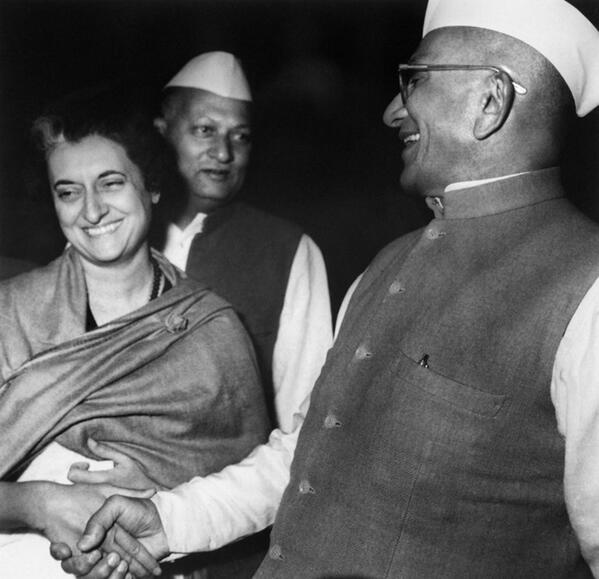
However, after the infamous Emergency of 1975-77, she campaigned for the newly formed opposition Janata Party which emerged victorious in the 1977 elections. She was briefly considered for the post of President of India by the new government of Morarji Desai, but ultimately she did not make it despite the Prime Minister`s backing. The Janata Pary chose veteran politician Neelam Sanjeeva Reddy as President. But she returned to the United Nations one last time to represent India on the Human Rights Commission in the years 1978 and 1979. The Janata government collapsed in mid-1979 and Indira Gandhi returned to power in 1980.
Vijaya Lakshmi remained in Dehradun for the years that followed and passed away shortly after turning 90 on 1 December 1990. The book is wonderfully written and fulfils the necessity of an exhaustive biography on Vijaya Lakshmi Pandit. However some critical aspects of her diplomatic career such as her fondness for extravagant living could have added some spice to this thoroughly readable work. Manu Bhagavan has lived up to his scholarly reputation mentioned in the jacket of the book.


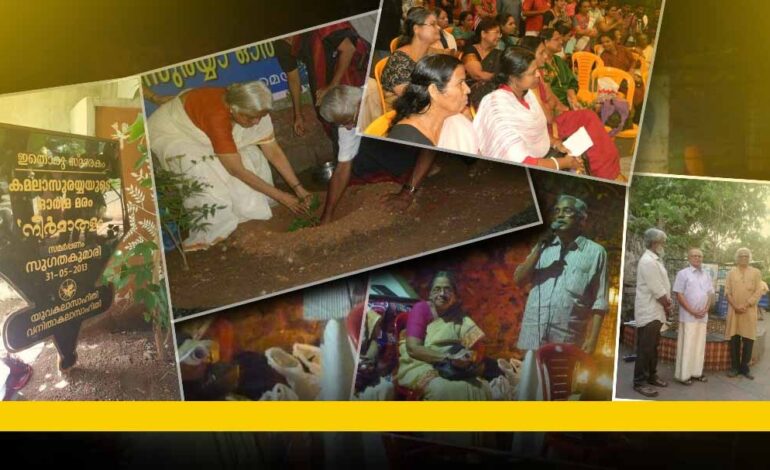
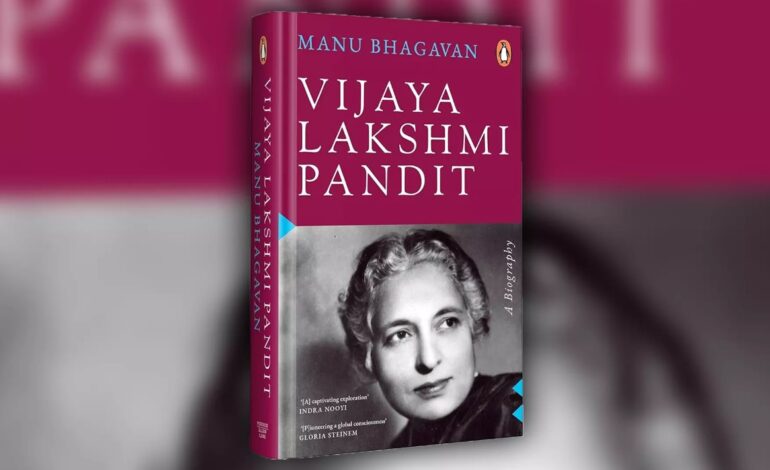

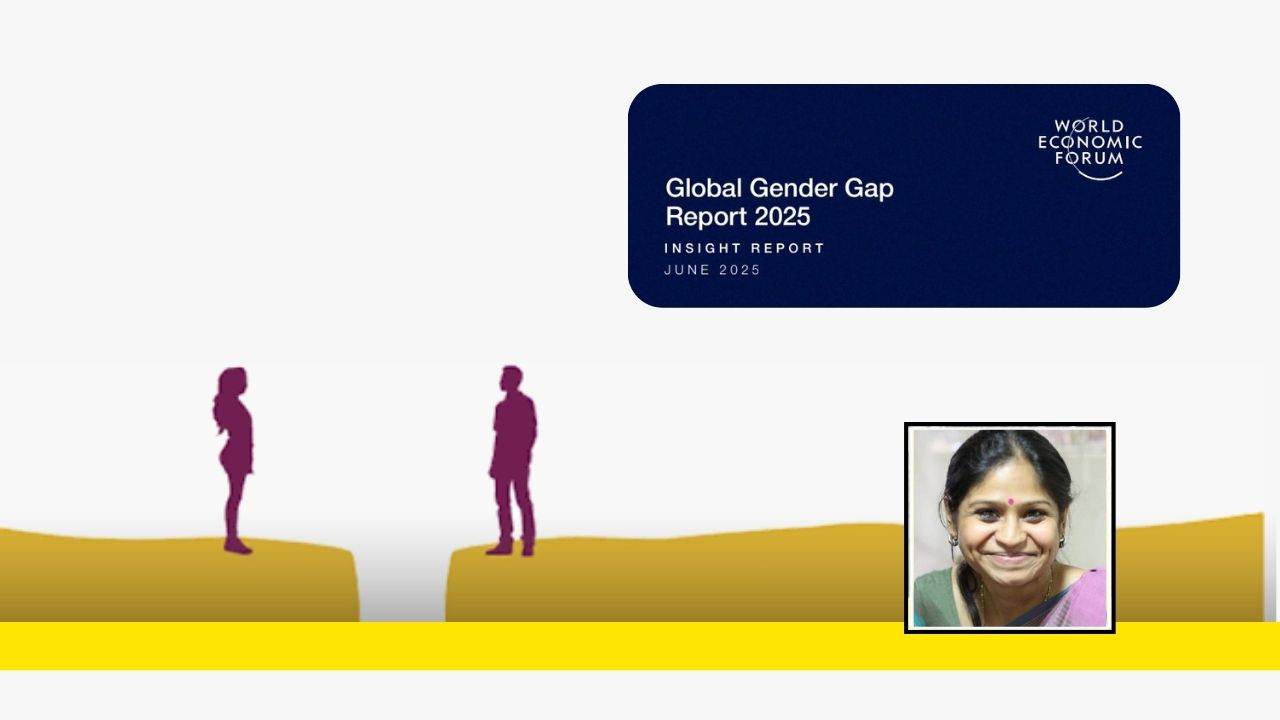

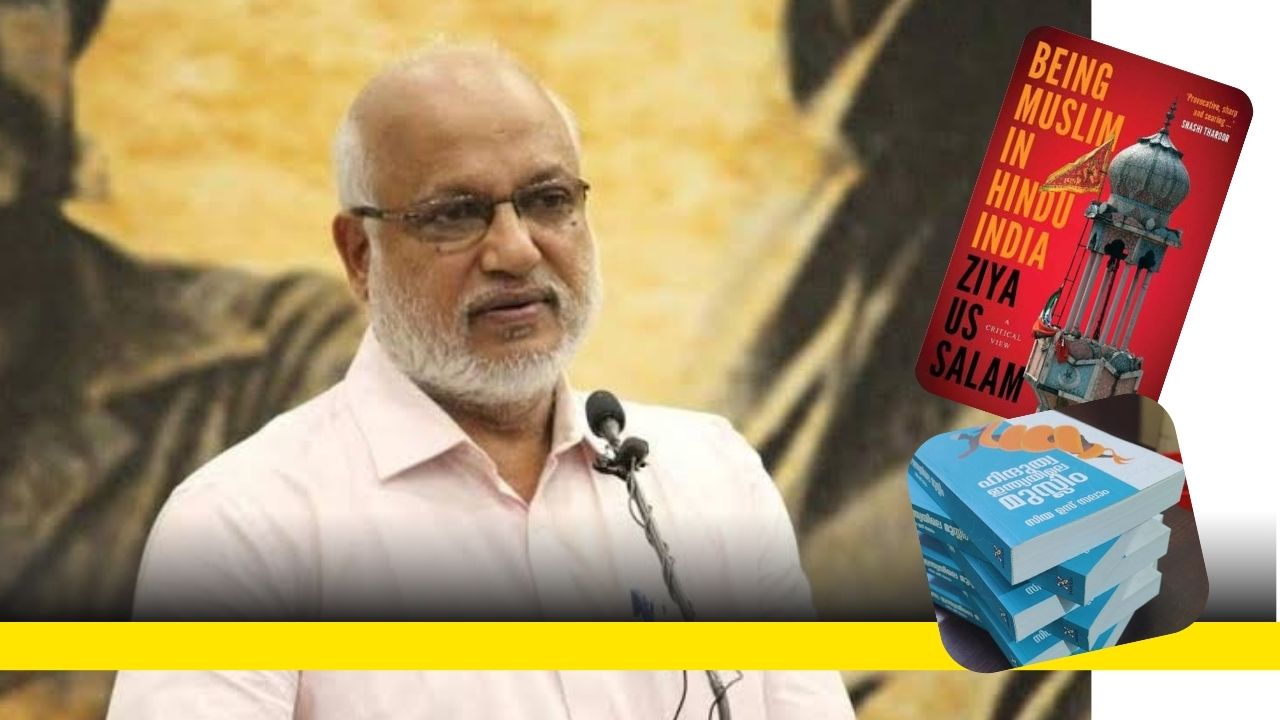




👌